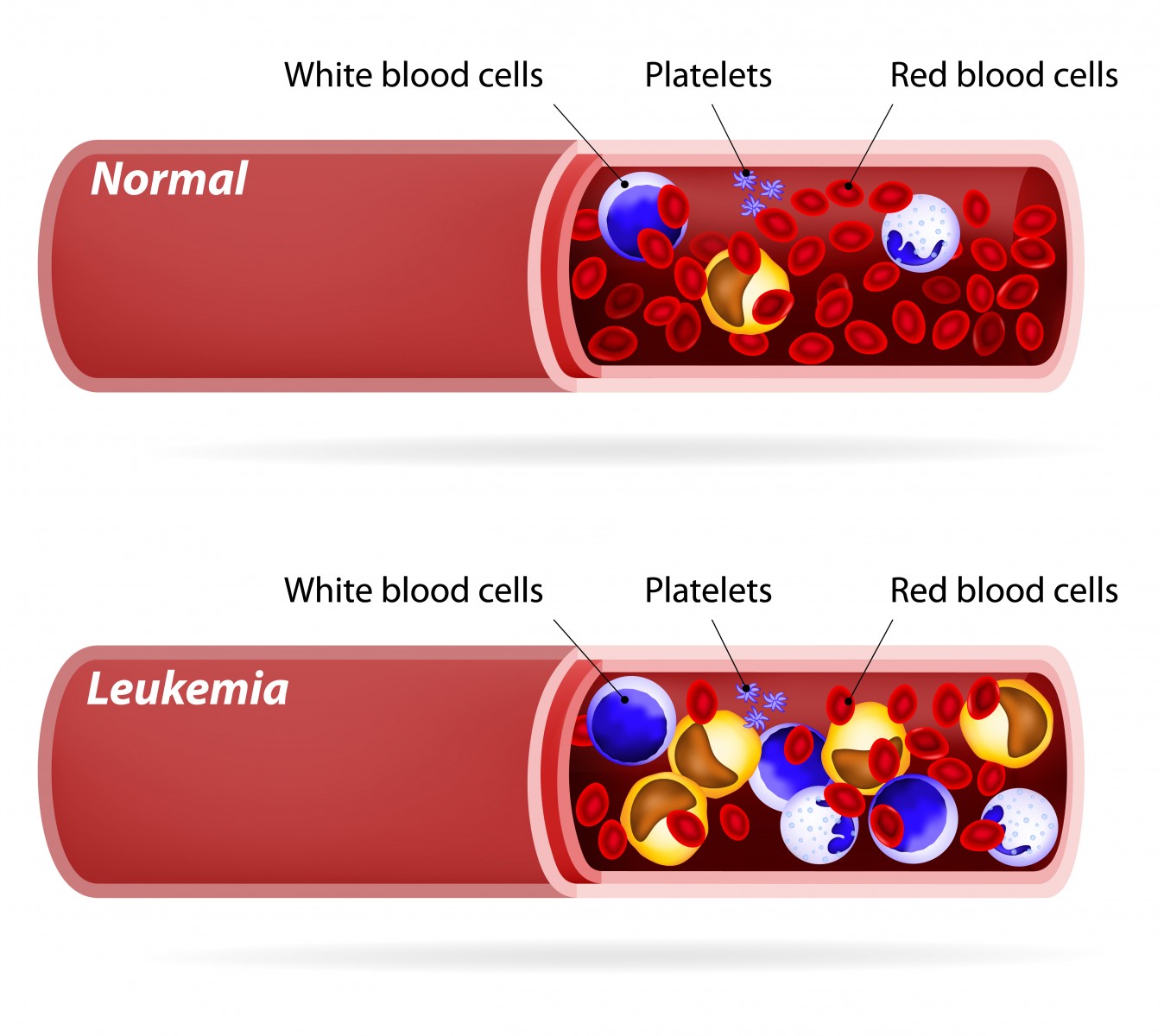In a new study entitled “Epigenetic therapy overcomes treatment resistance in T cell prolymphocytic leukemia” researchers at the University of Virginia Cancer Center developed a new treatment strategy to fight a rare form of leukemia: T cell prolymphocytic leukemia (T-PLL). The study was published in the journal Science Translational Medicine.
T cell prolymphocytic leukemia (T-PLL) is characterized by a marked increase in the number of prolymphocytes (a type of white blood cells that are in a certain stage of differentiation). PPLs are rare leukemias accounting for only about 2% of all mature lymphoid leukemias.
The new therapy sent all patients into remission, even those who failed previous standard treatments, as noted by Thomas P. Loughran Jr., M.D., director of the University of Virginia Cancer Center and study co-leading author “It was unbelievable, really, seeing a patient who had already failed Campath [the drug typically used to treat the disease] literally going back into remission. We were able to get every single patient back into remission.”
The new therapy is a combination of epigenetic therapy (via the use of drugs that introduce chemical modifications into the DNA sequence without actually interfering with the sequence itself) with immunotherapy (a treatment that uses the body’s’ immune system to fight the cancer), a leading breakthrough strategy that holds great promise in cancer treatment, as Loughran explained, “There’s been a revolution in the last few years seeing success with immunotherapy, and people speculated that perhaps if you combined epigenetic and immunotherapy, that might be even more spectacular. This is proof of principle that this might be true.” Patients’ survival was significantly extended, with one patient surviving for 34 moths (while the first expectation was of only four months) while the remaining are still alive.
The team, led by Loughran at UVA and Elliot Epner, M.D., at Pennsylvania State University College of Medicine, performed a pilot study with eight patients with T-PLL. Although the newly developed strategy did not cure patients it sent all of them into remission and allowed them to be treated repeatedly, while waiting for transplant surgery.
The combination drugs – alemtuzumab and cladribine with or without a histone deacetylase inhibitor – are already commercially available. However, Loughran cautions that additional, larger studies are necessary. However, since the disease is rare, patient enrolment is difficult. As such, patients are encouraged to contact the researchers, “We’d be very glad to see them here, if they want to come see us,” Loughran said.


